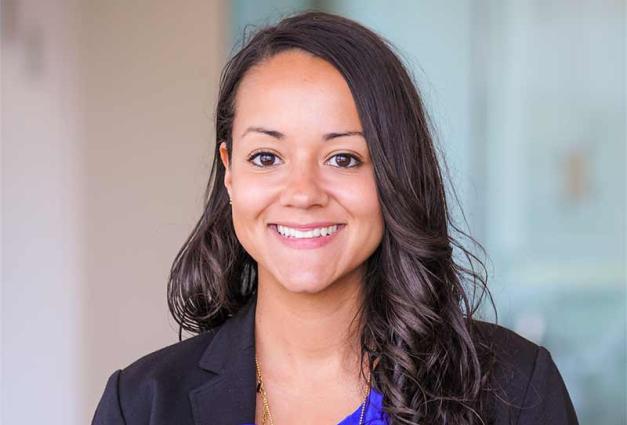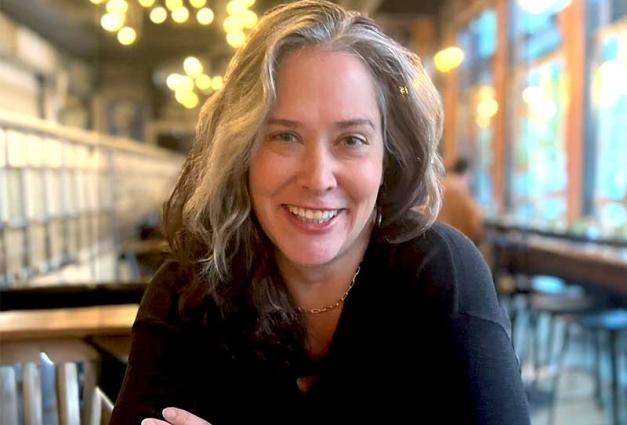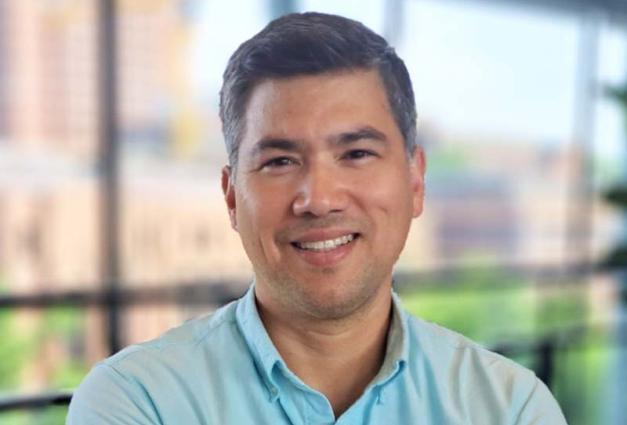Franki Y. H. Kung is an Assistant Professor in the Department of Psychological Sciences at Purdue University. He currently serves as the department’s Director of Diversity, Equity, and Inclusion and co-directs the Diversity, Equity, and Inclusion Science Consortium in the College of Health and Human Sciences. He is also a past member and co-chair of SPSP’s Early Career Committee and a member of Reviewer Zero’s organizing committee.
What led you to choose a career in personality and social psychology?
It wasn't a straight path. I grew up in Hong Kong and was the first person in my family to finish high school. Everyone sort of expected me to go on to some lucrative professions like business or engineering. But because of my family background and living in a globalized city, I was more curious about what people think. And I was particularly fascinated by the theories in social psychology and organizational research on individual and cultural differences. My curiosity (and rebellion) led me to pick psychology as my first choice when I applied to universities. I feel so fortunate to get into the amazing psychology program at the Chinese University of Hong Kong. There I worked with Takeshi Hamamura on my honors thesis and volunteered as a research assistant at several labs. I also studied abroad at the University of Illinois at Urbana-Champaign doing research with Young-Hoon Kim. After graduating (and not getting into a graduate program), I worked at Melody Chao's lab at Hong Kong University of Science and Technology as a lab manager before graduate studies at the University of Waterloo, where I proposed my special PhD program in industrial-organizational and social psychology with Abigail Scholer as my advisor. These wonderful, smart, generous, and kind mentors among others have helped shape my interests, taught me how to learn and persist in this rejection-prone career, and made me feel like I can belong and have a career in social psychology.
Briefly summarize your current research and any future research interests you plan to pursue.
I tell people I study conflicts because what interests me and motivates my studies tends to be about helping people to address conflict or incompatible interests between groups, people, or even within the self. At the intergroup level, my work examines when cultural collision and synergy occur in a multicultural space, and how to transform the prior into the latter such as in teamwork. At the interpersonal level, my lab studied wise strategies for difficult communications, such as negotiation and performance appraisal. At the intrapersonal level, my work documents the various ways individuals understand and organize their goals, through which it reveals ways to improve the management of multiple goals and goal conflicts. Lately, my team has been doing some research connecting these themes. For instance, we are studying how the internal process of self-regulation relates to social conflicts, such as how high self-controls are seen as robotic (Lapka et al., 2023), and how this robotic perception, or mechanistic dehumanization, may explain unique intergroup biases against and mistreatments of Asian Americans (Li, Yang, & Kung, in prep). If you are interested, you can find more information at our lab website and contact us (www.conflictmindset.org).
Why did you join SPSP?
I joined SPSP when I was a student because I was hoping to connect with our field and be able to participate, learn, and give back to the community. SPSP conventions have been a great excuse for me to travel to new places, meet new people, and connect with scholars and practitioners of similar interests.
What is your most memorable SPSP Annual Convention experience?
There are many wonderful memories at the annual conventions, but the one that stands out to me now is SPlish SPlash at SPSP2018 in Atlanta. It was the convention's opening reception held inside the Georgia Aquarium. It was a lot of fun, and that was also my first time seeing a beluga whale.
How has being a member of SPSP helped to advance your career?
Most tangibly, SPSP’s many student awards have supported my career, including the Heritage Dissertation Award which has financially supported my dissertation data collection. Over the past eight years or so, being a member has also allowed me to participate in events to find collaborators, meet peers and mentors (e.g., mentorship tables), recruit lab members, find my job, and volunteer as a committee member.
Do you have any advice for individuals who wish to pursue a career in personality and social psychology?
In terms of career advice, I’m still in my early career but I have seen from people I admire that there is no single pathway to success. Everyone gets to where they want to be often through quite different paths (and quite different timelines). Being kind to yourself and finding your network of support are crucial. In terms of work, lately I’ve come to learn that I enjoy my career and research more when I prioritize things that are: Fun, Meaningful (it speaks to my identities and values), Relational (collaborating and connecting with others), and Impactful (building up others and making a positive influence on society). I’m no neuroscientist but the acronym FMRI sticks with me and helps me make better decisions (what to do and what not to do) at work.
Outside of psychology, how do you spend your free time?
Living in Indiana, I like to "travel around the world" in my kitchen—collecting and learning new recipes, and sourcing and growing fresh ingredients. I also enjoy movies, spending time with international students and scholars, and physically traveling to different places.




